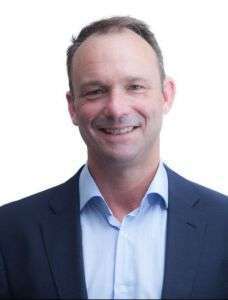
Tony Hudson is the Founder and Director of Hudson Facilitation. He shares his insights with Mike Krause of P2PAgri on what he sees to be the five significant challenges facing farm businesses today.
These are challenging times for rural businesses, with increasing risks from climate variation, fluctuating commodity prices, access to export markets and increasing land prices.
Tony brings a wealth of experience to his consulting in farm business management: from lecturing at Marcus Oldham College, and working in rural banking at NAB (National Australia Bank), to many years training and consulting to farm businesses. Improving farm business performance, getting better deals from your bank with lower interest rates, and better succession planning are just some of the areas he helps farm businesses with across Australia.
5 Challenges Facing Farm Businesses Today
Mike Krause:
Welcome to our first, Your Farm Business Podcast, sharing the best in farm business ideas through connecting with experts in their field. My guest is Tony Hudson, owner and manager of Hudson Facilitation. Tony is very experienced in successfully helping farmers with their farm business management questions, like getting the best from their bank, through to farm family succession planning. Tony is one of Australia's leading educators and farm business management, having nine years as director of farm business management at Marcus Oldham College. He also understands banks being a rural banker with NAB earlier in his career. He has been running his successful consulting practice Hudson Facilitation for the last 10 years. To find out more about Hudson Facilitation services, go to www.hudsonfacilitation.com.au So we're going to pose a few questions to Tony today and I've given him what are the five major challenges he sees farmers having to face today? Tony, there's some big questions. How do you want to start that one?
Tony Hudson:
Mike it was a fair bit to think about to be honest with you. I think the first one that we really see stretching farming families is the issue of succession planning. There's a range of reasons why that's the case. We're seeing there are fewer farmers typically with a greater level of assets and more of a need, I suppose to really consider the off-farm siblings, assuming there are some. So the sort of challenge, let's say there's a family with two or three or four kids - if none of them want to go farming, it's relatively simple. If one does, it can be challenging. If two or three do, it's really hard to create enough farming assets to divide so that there can be three viable business spinning out of it and if not three viable businesses, one business to provide for three families creates its own challenges.
Tony Hudson:
So we really seeing that succession planning piece as a major challenge. I think also we'll talk more about it later, but these rising land values, the expectations of non-farm kids, have probably increased, as I see the value of assets, which may be transferred to the next generation who choose to stay and farm. The reality of any sort of assets split at those sort of land values, make it very difficult that they could actually be repaid if it had to be a buyout of non-farming siblings in a succession planning scenario.
Mike Krause:
So that brings probably the next challenge - the land values that we've been experiencing, not just Victoria, it's Australia wide and it's been for a long time. I suspect that's a silver lining and it could be a good and a bad side of that, what's your take?
Tony Hudson:
Well, it's an interesting one Mike. You see the lands becoming increasingly valuable and we've seen a real increase in the last couple of years on that. At the same time, it's not becoming more productive. It's the same land in the same place. The evidence I'm seeing is that the really good farmers' productivity improvements are probably keeping pace, certainly low interest rates are helping make them certainly covering their costs of production and what have you, and generating a surplus off their existing holdings. If they choose to buy more land, they will be okay. The challenge that's coming with it is a lot of farmers looking at it going, I'm not sure I can justify paying land at that price and making it profitable. There's some of that's psychology, it's just that they're big numbers and they're hard to get your head around,. The other times, it's purely economic.
Tony Hudson:
You sit down and you do the numbers and say, well, if you don't produce a surplus from what you've already got, it's going to be difficult to buy that land at that price. The counterpunch to that, it's been an incredible creation of balance sheet wealth across the country with these increasing land values. Wealthier businesses would bear equity perceived to be less risk. It's created opportunities to renegotiate the secured position with your bank and perhaps to garner a better interest rate but as I say, it hasn't magically made the land more productive, so that's the challenge. We're seeing some of the bigger businesses be in a position to accept that risk and grab it and perhaps it's made life a bit harder for some of those with smaller landholdings.
Mike Krause:
I think we're moving into having bigger holdings and the smaller people can't keep up. So we are potentially heading down to less farmers managing greater land and the challenge for managing that. Tony, what's your number three on that list?
Tony Hudson:
Probably just managing the vagaries of uncertainty and whether that be climatic uncertainty, whether it be commodity price, market uncertainty, whether that be managing disease and those sorts of things. We look at the mouse plague now - it's creating a real challenge.
Mike Krause:
So what's the best way of handling that uncertainty or is that managing the uncertainty because we've got really good balance sheets and we could go back to the bank and borrow more money to get out of trouble.
Tony Hudson:
Yes and no. Certainly with the clients I deal with, the guys who are doing a really good job of it, managing that uncertainty and understanding that the core of what they do is production, commodity price risk is actually nowhere near as important to the businesses as production risk. If you can generate a yield, you'll be okay more years than not. So what we're seeing is the capacity to continue to produce and thereby create revenue streams and I'm just saying the good farmers are just getting so good at managing that moisture, converting it to saleable commodity, whether it be protein, whether it be grain or what have you. So the focus and the skill at production is in most circumstances overcoming the uncertainty of climate and price and those sorts of things. So that seems to be what sets the really good producers apart in my experience.
Mike Krause:
Okay. So this leads us to the next challenge then - is management where the squeeze is on improving productivity, maintaining profitability, that the challenge is to get management systems embedded into our farming businesses and maintain them and continue to improve that.
Tony Hudson:
Absolutely and one of the critical parts as I see in that process is having a really clear business plan, not just because it sets out what you want to try and do from a production the next four or five or six years with your farm, but at the very underpinning of the whole thing is what you want to achieve personally, as well as from a business perspective, having clarity around those goals and objectives and the plan in providing the path to achieving those goals. So yes, it's operational in some respects and it's considering rotation and enterprise mix and all those things, but all those things are a spin-off of what are the goals that you want for yourself and your family, I just think that it's a really critical document.
Tony Hudson:
One thing I will say, some of the resistance we get with going through a business planning process is to do with farmers, feeling like they're going to be locked in and it's not the case. It's a plan put together with the best information we have on any given day. I still hold very dear the notion that the very best farmers have an opportunistic mindset. They can adapt and vary that plan as they should as conditions change.
Mike Krause:
Fantastic. Tony has there been a challenge to farmers that has come out of the Royal Banking Commission that we had, where the banks were slated a lot with managing that, but where we thought finance might become more readily available it probably hasn't because we've got to dot the i's and cross the t's. Has that been more of a challenge to farming businesses?
Tony Hudson:
We do a lot of work in that space Mike, helping clients gain credit and what we have seen has been a real slowdown of the... I used to have an auction coming up and 30 days settlement terms. Very unlikely you'll get credit approved in that period and perhaps you shouldn't be expecting to. You mentioned dotting the I's and crossing the T's, you can argue it's only what should have always been happening, but we're seeing a real requirement for a depth of understanding. You don't give a bank a spreadsheet any more and saying that's the cashflow, they want to know how many tons you're producing, what are your input costs, what's your proposed yield, what's your proposed price for the commodities?
Tony Hudson:
A real digging into those assumptions and making sure they stack up against your rural bankers understanding of what's actually achievable and likely to happen in your area. The other thing that's really come out of that is a disconnection between what I would call the credit decision, which is about capacity to generate cash, and the collateral decision, which is about the value of the asset. So all of the banks have had to separate those two decisions. So there's now more people involved it's potentially more cost involved for the client.
Mike Krause:
Does that mean they have to pull in things like independent valuers to say, this is where the land's got to and so the bank can then literally lend against it because there's an independent person telling them that?
Tony Hudson:
That's correct and that they don't all do it independently, but they are doing it independent. So it's not completely outsourcing, some are, some are not, but thirdly, the person assessing your cashflow capacity to generate revenue is a different person than that assessing the value of the assets you provide as a security.
Mike Krause:
Fantastic. Tony I think we've practically exhausted your list there or you've got a few others?
Tony Hudson:
I reckon we've pretty well come to the end of that Mike, so I hope that's been of some benefit to you.
Mike Krause:
This has been fantastic having you here and talking about the knowledge and experience that you've gained over the last 20 or so years. So thank you so much for your contribution and if anyone out there is listening to this and you'd like to touch base with Tony and take up some of the issues he's been talking about, because he's got working with farmers, try looking for solutions to overcome these challenges, please get in touch with him at www.hudsonfacilitation.com.au. So thanks Tony, good having you.
Tony Hudson:
Thanks very much Mike, great to be here.
Mike Krause is one of Australia’s leading Farm Business Management consultants with significant experience in providing farm business management support, training and consulting to Australia’s agricultural and agri-business industries.
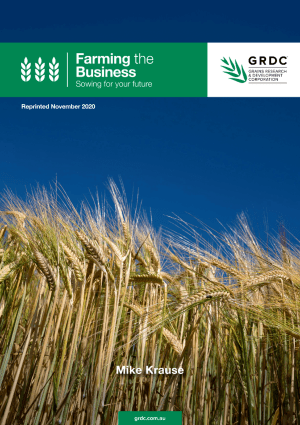
This experience forms the basis of significant developments:
‘Farming the Business’ manual Mike produced for the GRDC.
‘Plan to Profit’, the successful desktop software developed and sold by Mike over 12 years.
P2PAgri, our new online platform for farmers and advisers. Check it out on www.p2pagri.com.au.


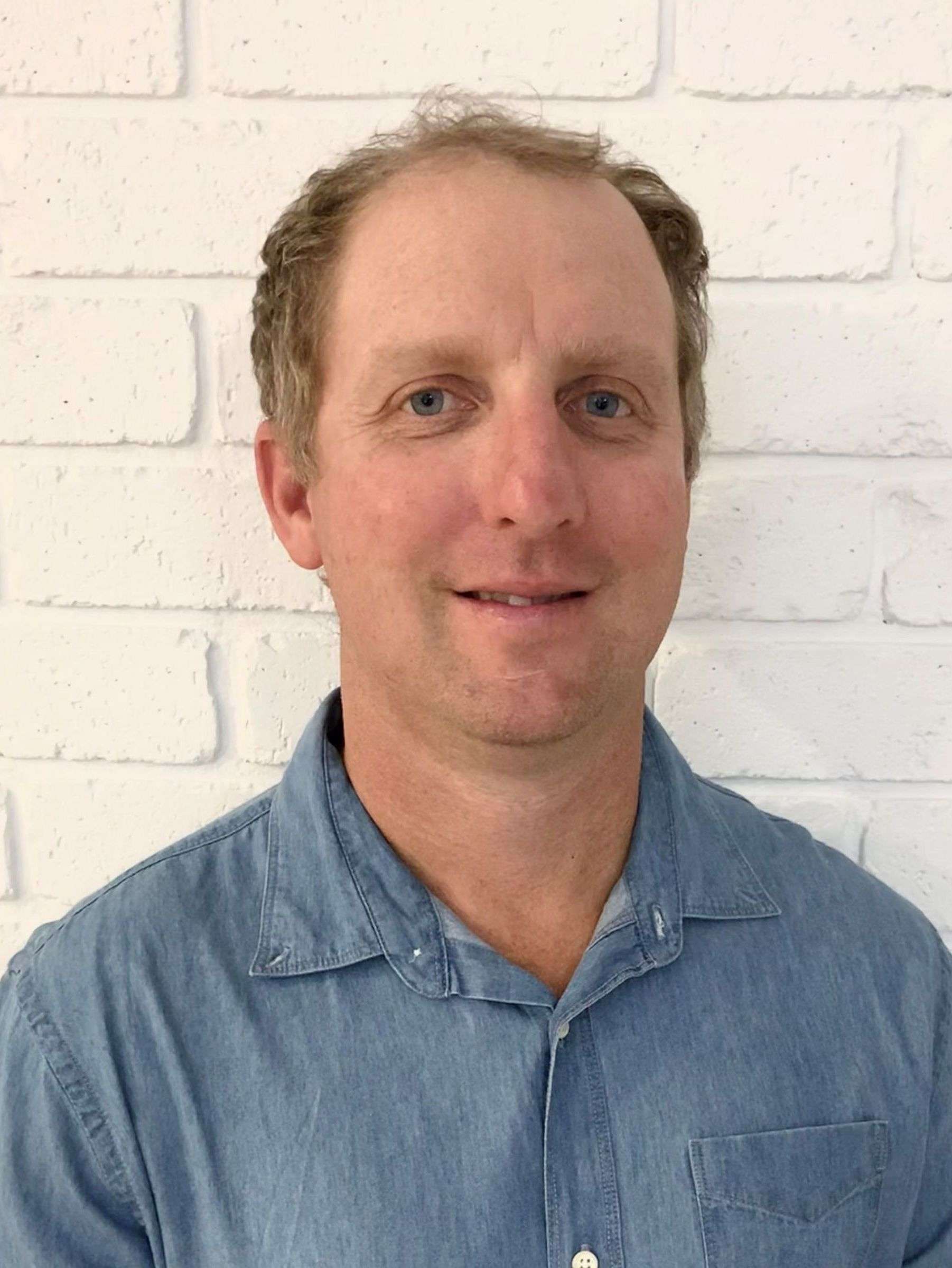
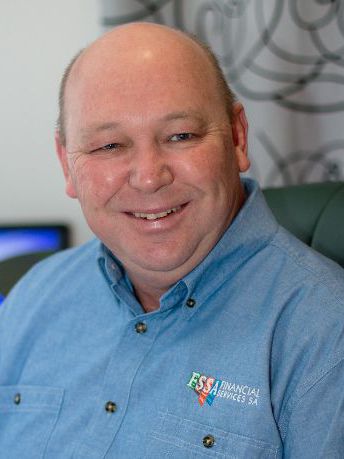
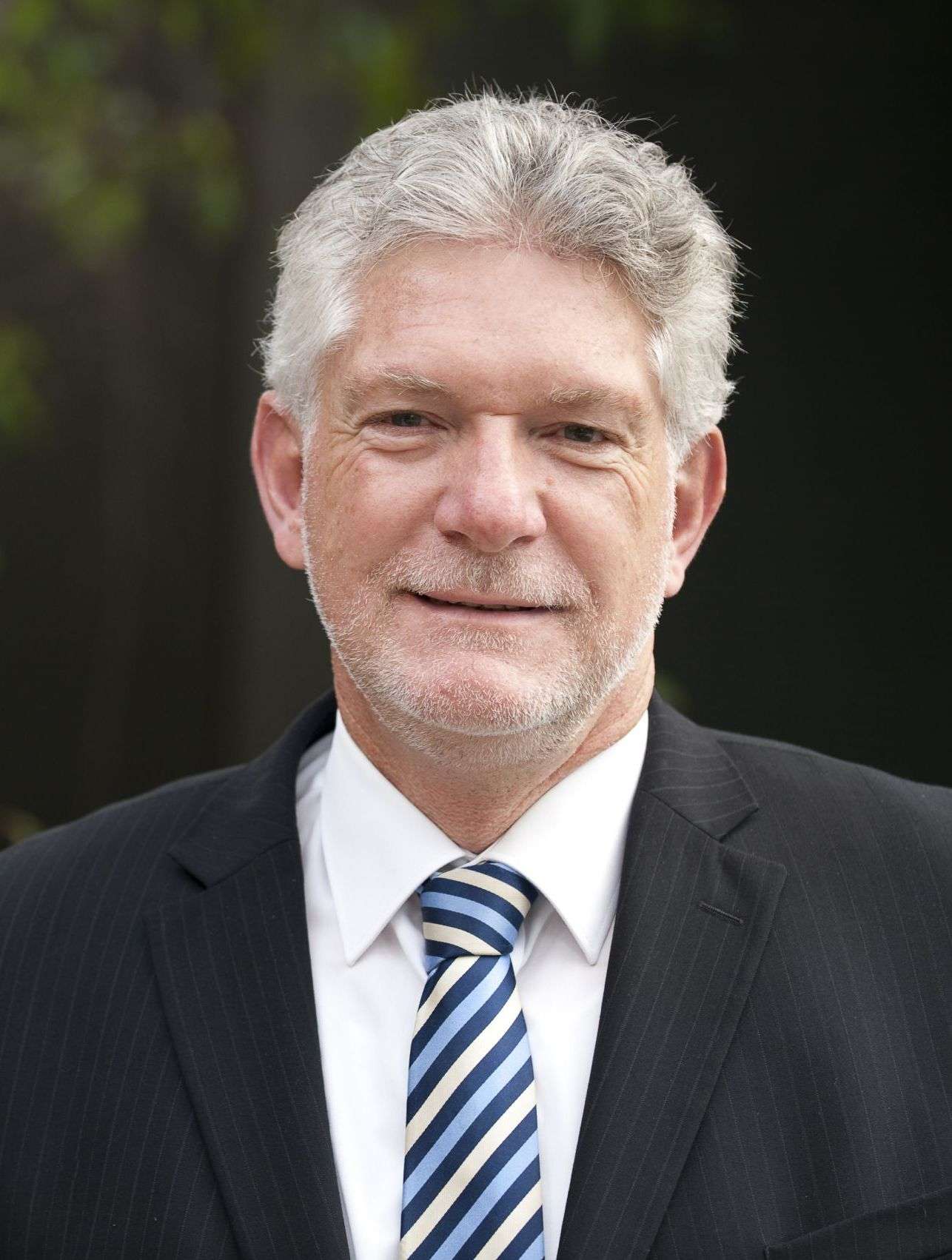
Leave A Comment
You must be logged in to post a comment.